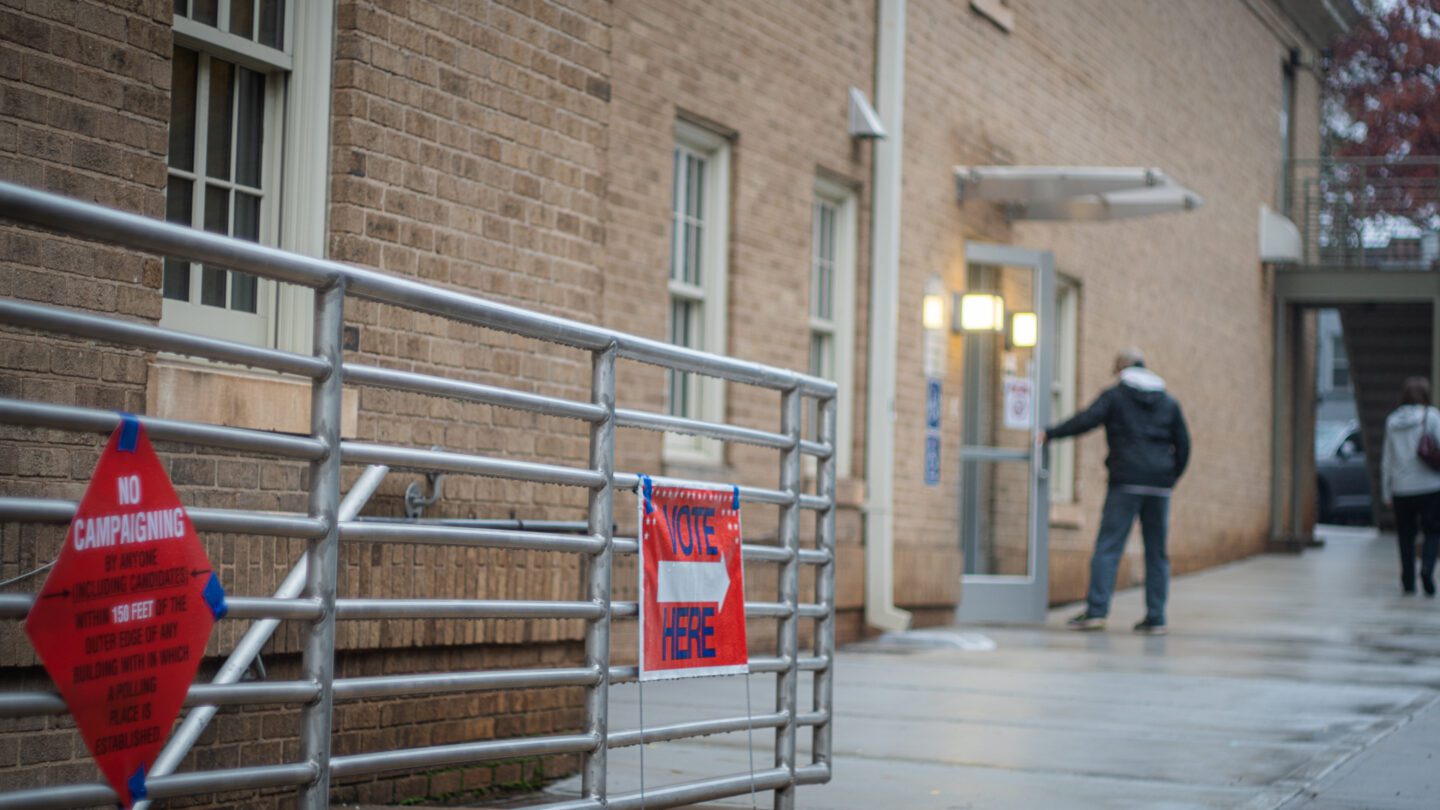On National Poll Recruitment Day, U.S. residents nationwide are invited to sign up to help manage polling locations before the November presidential election. It’s an opportunity to usher in a new wave of poll workers and volunteers for the country’s most anticipated election of the year.
Power the Polls is a nonpartisan coalition founded in 2020 working to recruit and fill poll worker needs across the country.
Marta Hanson is the national program manager for Power the Polls. She says the nonprofit’s goal for the upcoming election is to ensure that every single jurisdiction in Georgia will be well-staffed with an overflow of volunteers.
“No matter how the political landscape has shifted within the last month or will continue to shift between now and election day, the one thing that we can count on is that voters will need a place to go during early voting or on election day,” she said.
Hanson notes that it takes an average of one million poll workers nationwide to staff a presidential election. She considers it a civic duty and a critical part of the infrastructure of our country.
The poll workers serve as the face of a polling location, placing signage, setting up tables, checking in voters, handing out ballots and — of course — stickers.
“Whenever we talk with younger folks who are excited to step up and serve as poll workers, sometimes we’ve heard people say, ‘I may not be excited for a particular party or a particular candidate, but I’m excited about the issue of democracy.’”
Marta Hanson, national program manager for Power the Polls
While they will be juggling many responsibilities, Hanson says that the volunteers are not thrown out to the polling floor without a safety net.
Poll workers across Georgia and the rest of the country undergo rigorous training through their local election office to ensure they are prepared for election day.
In Gwinnett Country, Shantell Black is the district’s assistant elections supervisor. She says the state has worked hard to make certain workers feel comfortable in their positions.
“If you’re not informed or if you’re not trained on something, you almost don’t know how to react,” she said. “The training and knowledge prepares them for any situations that may arise.”
County officials started partnering with Power the Polls in 2020 after the COVID-19 pandemic drastically decreased election volunteers.
Now the second largest county in Georgia, Gwinnett requires 1,800 poll workers, although the number changes based on the election. Black and her team are hoping for 2,500.
In previous elections, the county recruited volunteers diverse in race, language, ethnicity and age. Black notes that more Gen Z residents are showing up to participate in the upcoming election.
“The youth is our future, and our seniors bring the experience and knowledge,” she said. “To have them collaborate — it shows the future of voting and that communities are coming together and being more involved in the electoral process.”
“Whenever we talk with younger folks who are excited to step up and serve as poll workers, sometimes we’ve heard people say, ‘I may not excited for a particular party or a particular candidate, but I’m excited about the issue of democracy,’” said Hanson.
Also, both Hanson and Black noted that the legal age to volunteer in Georgia is 16, which gives high school students who can’t yet vote the opportunity to participate in the electoral process.
While Gwinnett is close to reaching its poll worker requirement, Power the Polls’ outreach data shows that seven counties in the state, DeKalb, Lowndes, Lincoln, Hall, Early, Cook and Dade, are in urgent need of recruiting volunteers.
As Nov. 5 approaches, Hanson hopes that residents will be encouraged to take on the call to help their communities.
“It is a wonderful way to meet your neighbors. It’s an opportunity to work really closely with people who have different political views than you. Even if you don’t agree on a lot, you can both agree that elections should run smoothly.”








